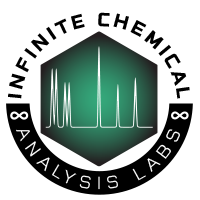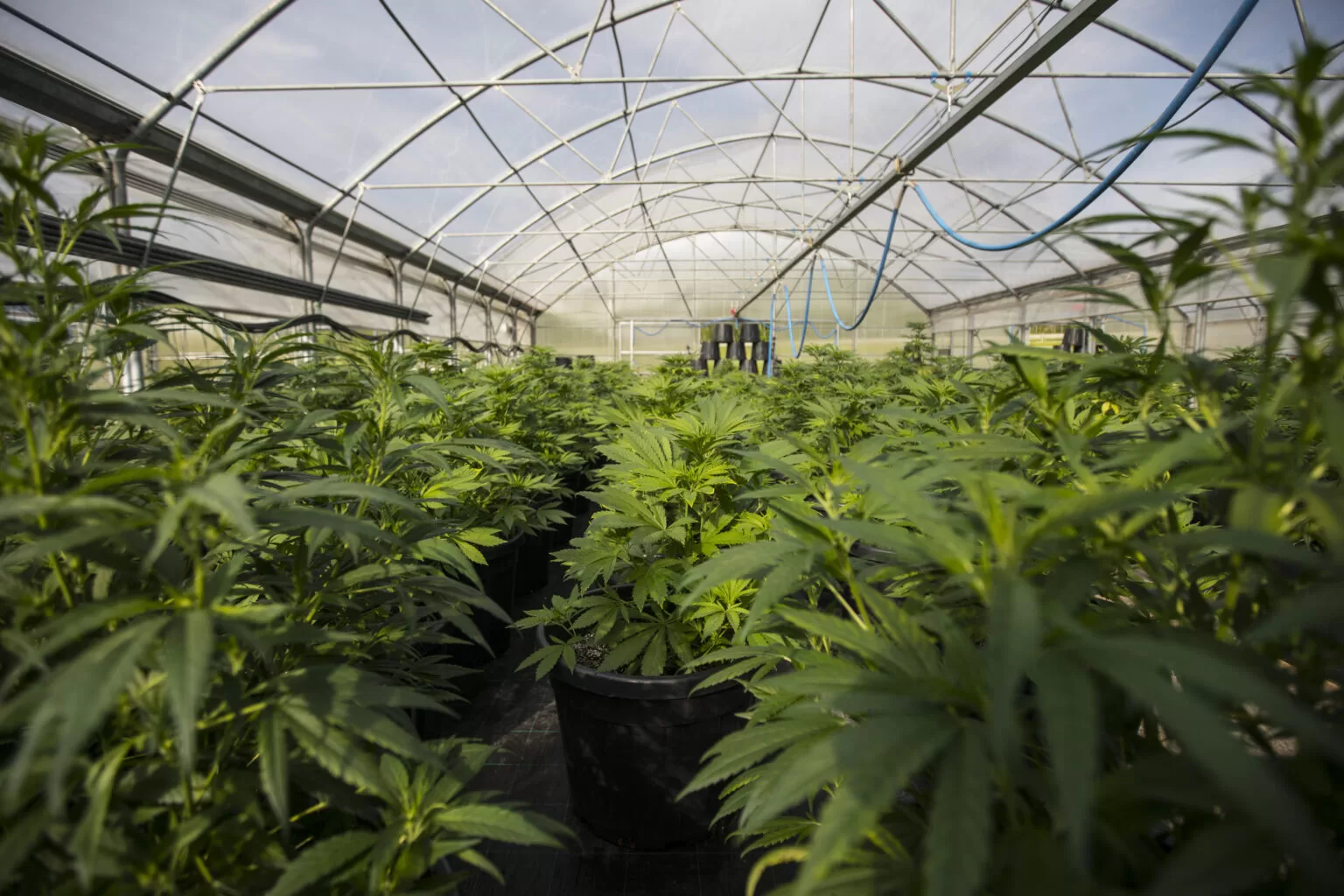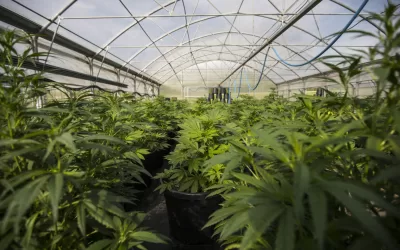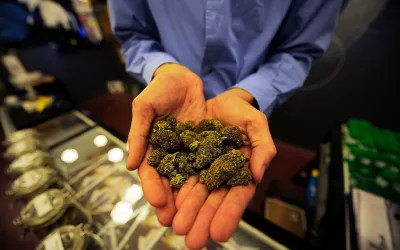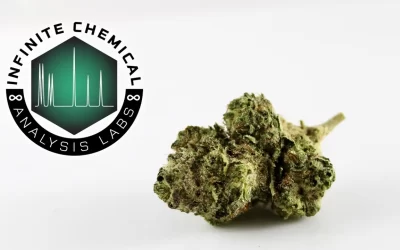By Lee Johnson, Marc Malone, Erik Paulson, Josh Swider, Dave Marelius, Susan Anderson, & Dominic Black
Abstract
Background
Hemp-derived delta-9 tetrahydrocannabinol (∆9 THC) products are freely available for sale across much of the USA, but the federal legislation allowing their sale places only minimal requirements on companies. Products must contain no more than 0.3% ∆9 THC by dry weight, but no limit is placed on overall dosage and there is no requirement that products are tested. However, some states—such as Colorado—specifically prohibit products created by “chemically modifying” a natural hemp component.
Methods
Fifty-three ∆9 THC products were ordered and submitted to InfiniteCAL laboratory for analysis. The lab analysis considered potency, the presence of impurities, and whether the ∆9 THC present was natural or converted from CBD. The presence of age verification, company-conducted testing, and warning labels was also considered.
Results
While 96.2% of products were under the legal ∆9 THC limit, 66.0% differed from their stated dosage by more than 10%, and although 84.9% provided a lab report to customers, 71.1% of these did not check for impurities. Additionally, 49% of products converted CBD to THC to achieve their levels, and only 15.1% performed age verification at checkout.
